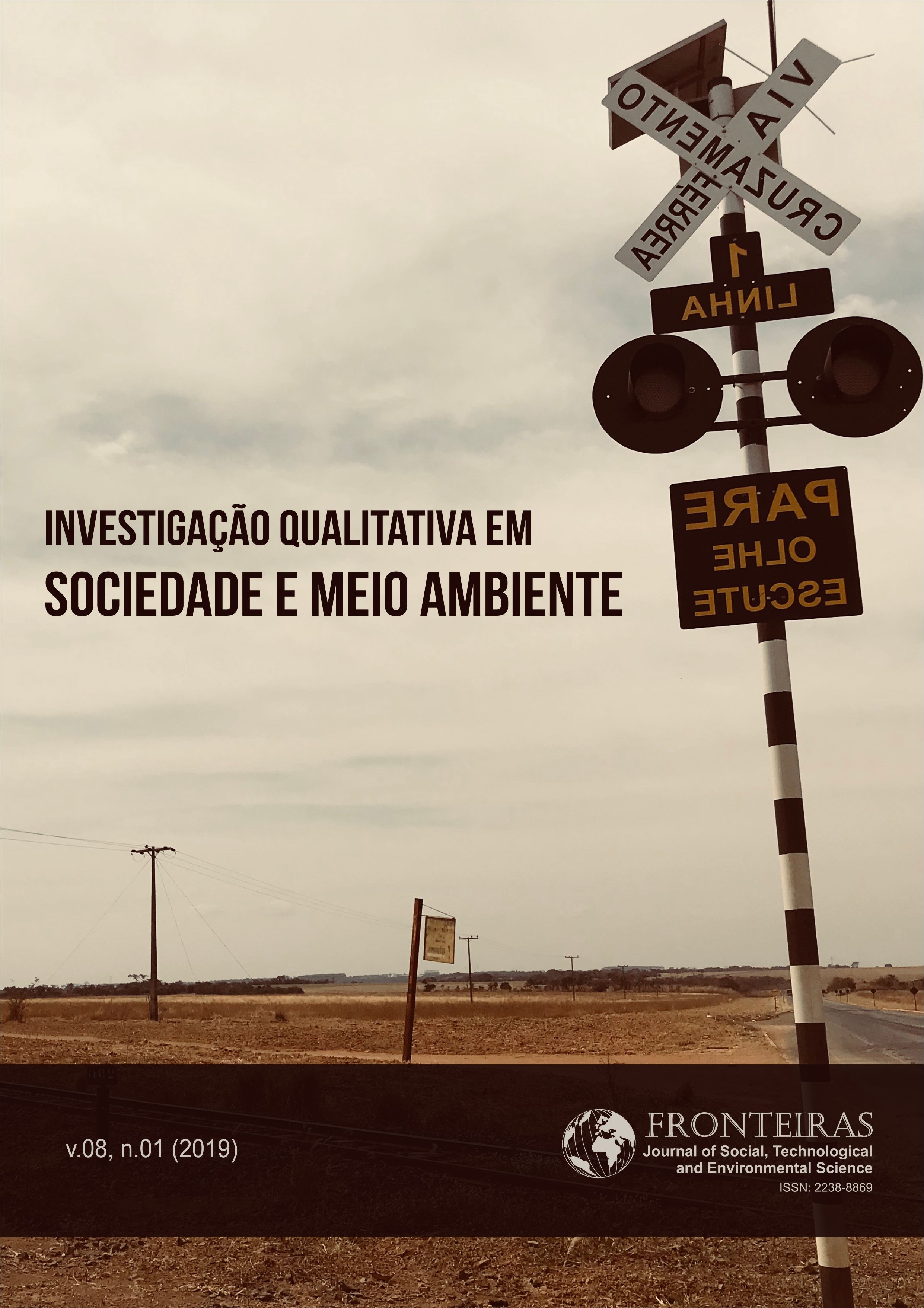La Importancia de la Generación de Confianza en el Contacto con la Población Privada de Libertad en Cárceles del Paraguay
DOI:
https://doi.org/10.21664/2238-8869.2019v8i1.p113-130Keywords:
Rapport, Trust, Close Up, PrisonersAbstract
This paper offers an in-depth analysis on the different kinds approach taken by Paraguayan public and civil society institutions, when making contact with people serving time in prisons in Paraguay. Moreover, in order to measure the importance of building trust with prisoners - with the purpose of generating high-quality data and working with trustworthy research participants - this paper additionally offers a framework of reference and assesses the strategies used by different researchers in their work with socially vulnerable groups. Finally, certain practices and approaches are critically analyzed herein; a work proposal and approach strategy -based on trust and respect- are offered in conclusion.
References
Anderson P, Wild R 2007. Ampe akelyernemane meke mekarle: Little children are sacred. Report of the Northern Territory Board of Inquiry Into the Protection of Aboriginal Children From Sexual Abuse. Northern Territory Government, Darwin, 320 pp.
Correa A, Pan M 2010. Aspectos implicados en la construcción del problema de investigación. Revista Pensares 6:41-55.
Ferreira C 2016. O Encontro do Saber Escolar por Crianças e Jovens Institucionalizadas. Atas – Investigação Qualitativa em Ciências Sociais CIAIQ2016, 3:238-245.
Galeano J 2018. Estrategias de acercamiento y diálogo con poblaciones en situación de vulnerabilidad en cárceles del Paraguay. Atas – Investigação Qualitativa em Ciências Sociais CIAIQ2018, 3:183-193.
Giraldo Á, Forero C, López A 2017. Aprender la sexualidad desde la “arrechera”: los y las adolescentes en situación de calle. Atas – Investigação Qualitativa em Ciências Sociais CIAIQ2017, 3:59-67.
Giraldo Á, Forero C, Vásquez P 2016. Significado de la supervivencia para los niños en situación de calle. Atas – Investigação Qualitativa em Ciências Sociais CIAIQ2016, 3:377-386.
González-Reyes A, Córdova-Plaza R 2016. Etnografía y técnicas audiovisuales en la investigación cualitativa. Atas – Investigação Qualitativa em Ciências Sociais CIAIQ2016, 3:795-806.
Hamilton G, Powell M, Brubacher S 2017. Professionals' Perceptions regarding the Suitability of Investigative Interview Protocols with Aboriginal Children. Australian Psychologist 52(3):174-183.
Martins B, Ferreira V 2016. Potencial das entrevistas narrativas no estudo de experiências traumáticas – a partir das narrativas de mulheres vítimas de violência nas relações de intimidade. Atas – Investigação Qualitativa em Ciências Sociais CIAIQ2016, 3:619-629.
Mena L, Murillo S 2006. Detectives y camaleones: el grupo de discusión: Una propuesta para la investigación cualitativa. Talasa, Madrid, 176 pp.
Pound C, Greenwood N 2016. The Human Dimensions of Post-Stroke Homecare: Experiences of Older Carers from Diverse Ethnic Groups. Disability & Rehabilitation 38(20):1987-1999.
Sallee M, Harris F 2011. Gender performance in qualitative studies of masculinities. Qualitative Research 11(4):409–429.
Vieira M, Pappámikail L 2017. Aceder aos sujeitos: pistas e reflexões a partir de pesquisas com adolescentes. Atas – Investigação Qualitativa em Ciências Sociais CIAIQ2017, 3:528-536.
Yoder J, Ruch D 2015. Youth Who have Sexually Offended: Using Strengths and Rapport to Engage Families in Treatment. Journal of Child & Family Studies 24(9):2521-2531.
Zimmerman C, Watts C 2003. Recomendaciones éticas y de seguridad de la OMS para entrevistar a mujeres víctimas de la trata de personas. OMS-Escuela de Londres de Higiene y Salud Tropical, Programa Daphne de la Comisión Europea, Londres, 35 pp.
Downloads
Published
How to Cite
Issue
Section
License
This journal offers immediate free access to its content, following the principle that providing free scientific knowledge to the public, we provides greater global democratization of knowledge.
As of the publication in the journal the authors have copyright and publication rights of their articles without restrictions.
The Revista Fronteiras: Journal of Social, Technological and Environmental Science follows the legal precepts of the Creative Commons - Attribution-NonCommercial-ShareAlike 4.0 International. 


